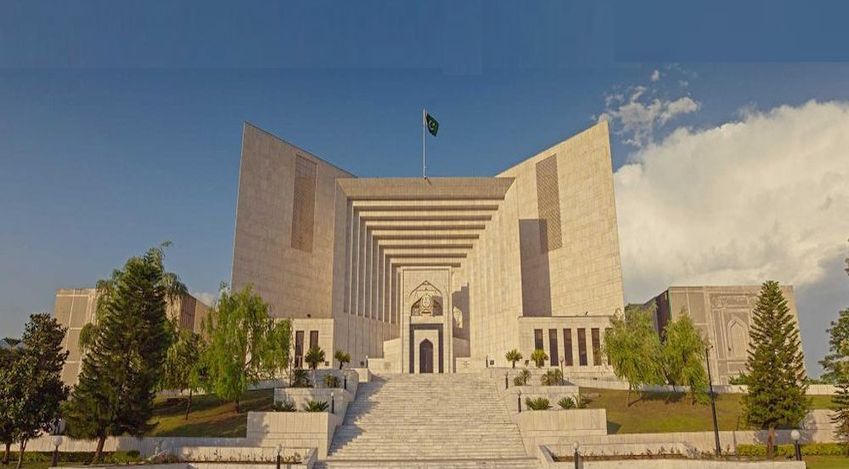Supreme Court of Pakistan Acquits accused due to Serious Procedural Flaws and Unreliable Evidence
Islamabad 16-11-2024: The Supreme Court of Pakistan delivered a significant judgment in [Criminal Petition Nos. 260-L & 275-L of 2015], overturning the convictions of the accused in a high-profile terrorism case that had earlier led to multiple death sentences. The Court acquitted the petitioners, citing serious procedural flaws and unreliable evidence presented by the prosecution.
The case revolved around the brutal killing of eight police officers during a bomb blast at Police Check Post Qudratabad in District Mianwali in February 2009. The accused were charged under multiple sections of the Pakistan Penal Code (PPC), Anti-Terrorism Act, 1997, and Explosive Substances Act, 1908. Despite the convictions and death sentences awarded by the Anti-Terrorism Court (ATC) and later upheld by the Lahore High Court, the Supreme Court of Pakistan found the evidence insufficient to sustain the charges.
The bench, comprising Mr. Justice Malik Shahzad Ahmad Khan, Mr. Justice Jamal Khan Mandokhail, and Mr. Justice Musarrat Hilali, highlighted numerous shortcomings in the prosecution’s case.
The Court found discrepancies in the timing of the First Information Report (FIR), which undermined its credibility. Although the FIR was claimed to have been promptly lodged, evidence suggested otherwise.
The Court discredited the testimony of the two eyewitnesses, Fateh Sher and Alam Khan, labeling them as chance witnesses who failed to justify their presence at the crime scene. Their delayed reporting and suspicious conduct further weakened their credibility.
The Court criticized the procedural irregularities in the identification parades, particularly the joint identification of two accused, which violated established legal standards.
Key pieces of evidence, including weapon recoveries and forensic reports, were deemed inadmissible because they were not properly presented to the accused during their statements under Section 342 of the Criminal Procedure Code (Cr.P.C.).
The prosecution’s claim that the accused acted to spread terror was unsubstantiated by any evidence linking the petitioners to terrorist organizations or prior criminal activities.
The Court acknowledged the defense’s argument that the petitioners were falsely implicated due to personal enmity with the local police, following a habeas corpus petition filed by a relative of one of the accused.
The judgment reaffirmed critical legal principles, including:
- The prosecution’s burden to prove guilt beyond a shadow of doubt.
- The unreliability of chance witnesses without corroborative evidence.
- The inadmissibility of evidence not put to the accused.
- The necessity of procedural fairness in identification parades.
The Supreme Court of Pakistan acquitted the petitioners of all charges and ordered their immediate release unless they were required in other cases. The judgment serves as a reminder of the importance of adhering to due process and ensuring the integrity of evidence in criminal trials.
This landmark ruling highlights the judiciary’s role in upholding procedural justice, even in cases involving heinous crimes. It underscores the principle that convictions must be based on credible, admissible evidence and that any benefit of doubt must go to the accused.
Powered by Froala Editor








